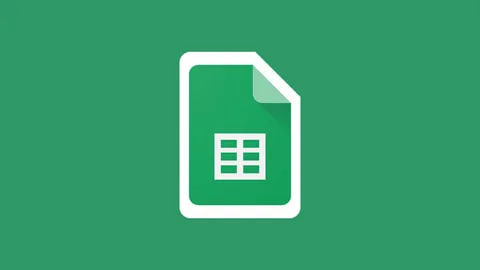Credit cards are in fact efficient financial instruments, provided that they are used correctly. However, credit card debt and high levels of interest remains a problem for many individuals. In this article, you will also be given an insight on how credit cards function, how to manage your credit cards well and how to select a suitable credit card.
What is a Credit Card?
Credit card is a financial card that enables you to use the money of a bank or any financial organisation to make purchases. This comes when you are extending the card issuer a ‘line of credit’, that you can charge on the card up to a certain amount. Upon swiping the credit card, you make a small credit that needs to be paid with the sum plus the interest at a later date.
In fact, in every statement that your credit card company sends you monthly, you get to find your charges, your total balance, the minimum amount you are required to pay and the due date. And depending on the requirement of credit card companies, if you clear your balance to the penny you’re due by the due date, you’re not charged any interest fee. If you decide to pay the minimum or bear some balance after the due date then the interest rate registered is your card’s APR.• Safer than micro and coins as well as checks• Lets you buy things through the internet or communicate through phone.• To attract customers most card issued present reward points, cash back or other rebate Offers• May help to build a credit history when used correctly on providing useful information and a good user experience:
The Essentials of Credit Cards: How They Work and How to Use Them Responsibly
Credit cards can be extremely useful financial tools when used properly. However, many people struggle with credit card debt and high interest rates. This article will provide an overview of how credit cards work, tips for using them responsibly, and advice on choosing the best credit card for your needs.
What is a Credit Card?
A credit card allows you to borrow money from a bank or financial institution to make purchases. You are given a line of credit, meaning there is a limit to how much you can charge on the card. When you use your credit card to make a purchase, you are essentially taking out a small loan that you will need to pay back later.
Every month, you receive a credit card statement detailing your charges, total balance owed, minimum payment due, and the due date. If you pay your entire balance by the due date, typically you will not owe any interest charges. However, if you only make the minimum payment or carry a balance after the due date, interest is charged based on your card’s Annual Percentage Rate (APR).
Why Use a Credit Card?
There are several potential benefits to using a credit card responsibly:
- More secure than carrying cash or checks
- Allows you to make purchases online or over the phone
- Many cards offer rewards points, cash back, or other incentives
- Can help build your credit history when used properly
However, the main things to watch out for credit cards are making too many unnecessary purchases on the card and accruing lots of interest charges. To avoid this it is advisable to charge the amount that one can comfortably repay when the month ends.
Ten Rules for the Proper Use of Credit Cards
Here are some key tips to keep in mind:
Clear your balance in full at the end of each month. This eliminates the cost of accruing interest on credit facilities. Pay via bank transfers so that you are on the right side of the law when it comes to making the necessary payments.
Rates of interest should not be above 30 percent of your total available credit. Its important to ensure that you do not use credit cards more than 30% of your available balance as this could result in poor credit scores.
Review statements carefully. You should ensure that there are no unauthorised or fraudulent ones. If there are any mistakes they should be reported at once.
Choose a practical ceiling on your spending that will give you the ability to cover the costs associated with your loan repayment. Stick to that budget.
Look for low Fees. No fee and lower late payment or over the limit fees are cheaper meaning that the cards are cheaper.
Be very cautious when it comes to balance transfer or low introductory AP. Understand all conditions and be sure that you won’t have to pay off balances with higher interest rates.
Choosing the Best Credit Card
The number of credit cards currently available is incredibly vast, and choosing which card is right for you can seem almost impossible. Here are some key factors to consider:
- These factors include – Card availability – Ensure that any card suits your personal finance, or the money you earn, the budget you set, and the capability to comfortably pay your balance in full each month.
- Fees – If you do not frequently travel, the card without any yearly fees should be used. Also compare late fees, foreign transaction fees, balance transfers fees and other fees.
- Find a higher card that presents incentives in fields you regularly allocate your funds; it might include cash back, points, or rebates for gas/retail or travel.
- Wherever possible, it is recommended to resolve all the balances to limit the risks caused by interest rates. If not, look for comparable further ongoing APRs.
- Business credibility and consumer relations – Always look at the issuing bank and check some reviews. Investigate their customer service industry to confirm that it fulfils what you need.
Whether you use it as an art tolessly spend within your means, scrutinise statements and pay balances in full every month or before the due date, a credit card can be a helpful spending tool without necessarily becoming a debt trap. Be selective and utilise credit cards in the best way possible.



